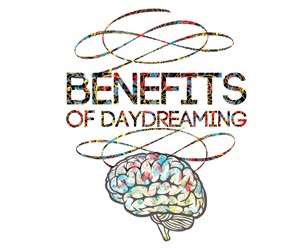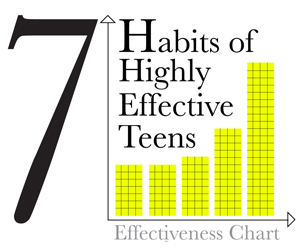 Teens might have cosmetic surgery for a number of reasons, including to remove acne scars, change their noses, and make their breasts smaller or bigger. But if there’s something you don’t like about your body, your best bet is to try to work on how you feel about it. Your attitude can make a big difference. Try to focus on what you like about yourself. And remember that you’ve got lots more to offer the world than just how you look.
Teens might have cosmetic surgery for a number of reasons, including to remove acne scars, change their noses, and make their breasts smaller or bigger. But if there’s something you don’t like about your body, your best bet is to try to work on how you feel about it. Your attitude can make a big difference. Try to focus on what you like about yourself. And remember that you’ve got lots more to offer the world than just how you look.
People who have cosmetic surgery face many of the same risks as anyone having surgery. These include:
- Infection
- Not healing well
- Damage to nerves
- Bleeding
- Not being happy with the results
- Risks from anesthesia, such as lung problems
You face additional concerns if you’re considering surgery to make your breasts bigger through breast implants. (Keep in mind that you usually can’t have this surgery until you’re 18.)
For one, these surgeries usually need to be done over at some point. Also, breast implant risks include dimples and wrinkles that won’t go away, pain, and an implant breaking. There are other possible problems, too, including that you might not be able to breastfeed when you have a baby and it could be harder to see signs of breast cancer in a mammogram (breast x-ray).
Here are a few key points to keep in mind if you are thinking about plastic surgery:
- Talk to your parents or guardians about any surgery and any concerns you have about how your body looks.
- Don’t rely on surgery to change your life in a huge way.
- Make sure any doctor you consider is qualified for the surgery you’re considering and is certified by the American Board of Plastic Surgery.
- Some doctors won’t perform certain procedures if they don’t think you’re old enough. For example, it is usually not a good idea to have cosmetic surgery while your body is still growing.
- Health insurance usually does not cover the cost of plastic surgery.
- Most people want to look good, and in your teen years you’ve got lots going on with your body. How you feel about how you look is calledbody image, and it can affect how you feel about yourself overall.
- It’s not always easy to have a positive body image, but you can work on it. One way is to ignore magazines and TV shows that say you need to look a certain way. Try to hang out with people who have healthy attitudes about how they look and who support and accept you. And remember to focus on what you like about yourself — inside and out.
- If how parts of your body look bothers you a huge amount and you can’t stop thinking about them, you could havebody dysmorphic disorder (BDD). People with BDD spend a lot of time and energy looking at their flaws and trying to hide them. They also may ask friends to reassure them about their looks and sometimes want a lot of cosmetic surgery. BDD is an illness, and you can get help. If you or a friend may have BDD, talk to an adult you trust, such as your parent or guardian, school counselor, doctor, or nurse.

Dislaimer The episode from Channel NewsAsia contains graphic images dealing with surgical and medical procedures. Viewer discretion is advised.


















